In today’s world, stress has become an almost unavoidable part of life. From work deadlines to personal commitments, the demands of daily living can take a toll on our mental health. While there are many ways to manage stress, Pilates offers a unique and powerful solution that benefits both the mind and body. Here’s how Pilates can help you reduce stress, improve mental clarity, and enhance your overall well-being.
Breathing for Calm and Focus
At the core of Pilates practice is intentional, deep breathing. By focusing on controlled inhalations and exhalations, Pilates:
- Calms the Nervous System: Deep breathing activates the parasympathetic nervous system, reducing the body’s stress response.
- Improves Oxygen Flow: Enhanced oxygen circulation nourishes the brain, promoting mental clarity and focus.
- Encourages Mindfulness: Concentrating on your breath helps ground you in the present moment, reducing anxiety and worry.
Movement as Meditation
Pilates combines flowing, controlled movements with mindfulness, creating a form of moving meditation. This focus:
- Shifts Attention: Directing your energy toward precise movements distracts from stressors and negative thoughts.
- Promotes Emotional Regulation: The mind-body connection in Pilates fosters self-awareness, helping you better manage emotional responses.
- Enhances Resilience: Regular practice builds mental discipline and the ability to stay calm under pressure.
Releasing Feel-Good Chemicals
Like all forms of exercise, Pilates triggers the release of endorphins—your body’s natural mood enhancers. These chemicals:
- Boost Your Mood: Endorphins create feelings of happiness and relaxation.
- Combat Depression: Regular exercise is a proven method for alleviating symptoms of mild to moderate depression.
- Provide Immediate Relief: Even a short Pilates session can leave you feeling lighter and more energized.
Improving Sleep Quality
Stress often disrupts sleep, leading to a vicious cycle of fatigue and heightened anxiety. Pilates helps break this cycle by:
- Reducing Tension: Gentle stretching and core strengthening release physical tension, preparing your body for rest.
- Calming the Mind: The mindfulness aspect of Pilates clears mental clutter, promoting deeper and more restful sleep.
- Regulating Hormones: Exercise helps balance cortisol levels, the stress hormone that can interfere with sleep.
Creating a Sense of Control
Stress often stems from feeling overwhelmed or out of control. Pilates empowers you by:
- Fostering Body Awareness: Understanding how your body moves and feels enhances your sense of control and self-confidence.
- Setting Achievable Goals: Mastering new Pilates exercises provides a sense of accomplishment and progress.
- Providing Structure: Regular practice creates a positive routine, helping you manage your time and energy more effectively.
A Holistic Approach to Wellness
Pilates is more than a workout; it’s a lifestyle that integrates physical, mental, and emotional well-being. Its holistic approach ensures:
- Physical Health: Improved strength, flexibility, and posture alleviate physical stress on the body.
- Mental Clarity: Focused movements and breathwork sharpen the mind.
- Emotional Balance: The mindfulness cultivated in Pilates promotes a calm and centered state of being.
The Takeaway
Stress is a part of life, but it doesn’t have to control you. Pilates offers a powerful way to reduce stress and improve mental health through mindful movement, controlled breathing, and a holistic approach to well-being. Whether you’re looking to ease anxiety, boost your mood, or simply create a healthier routine, Pilates can be a transformative tool for living a balanced and fulfilling life.
Take a deep breath, roll out your mat or step onto your reformer, and discover how Pilates can help you find calm amidst the chaos.
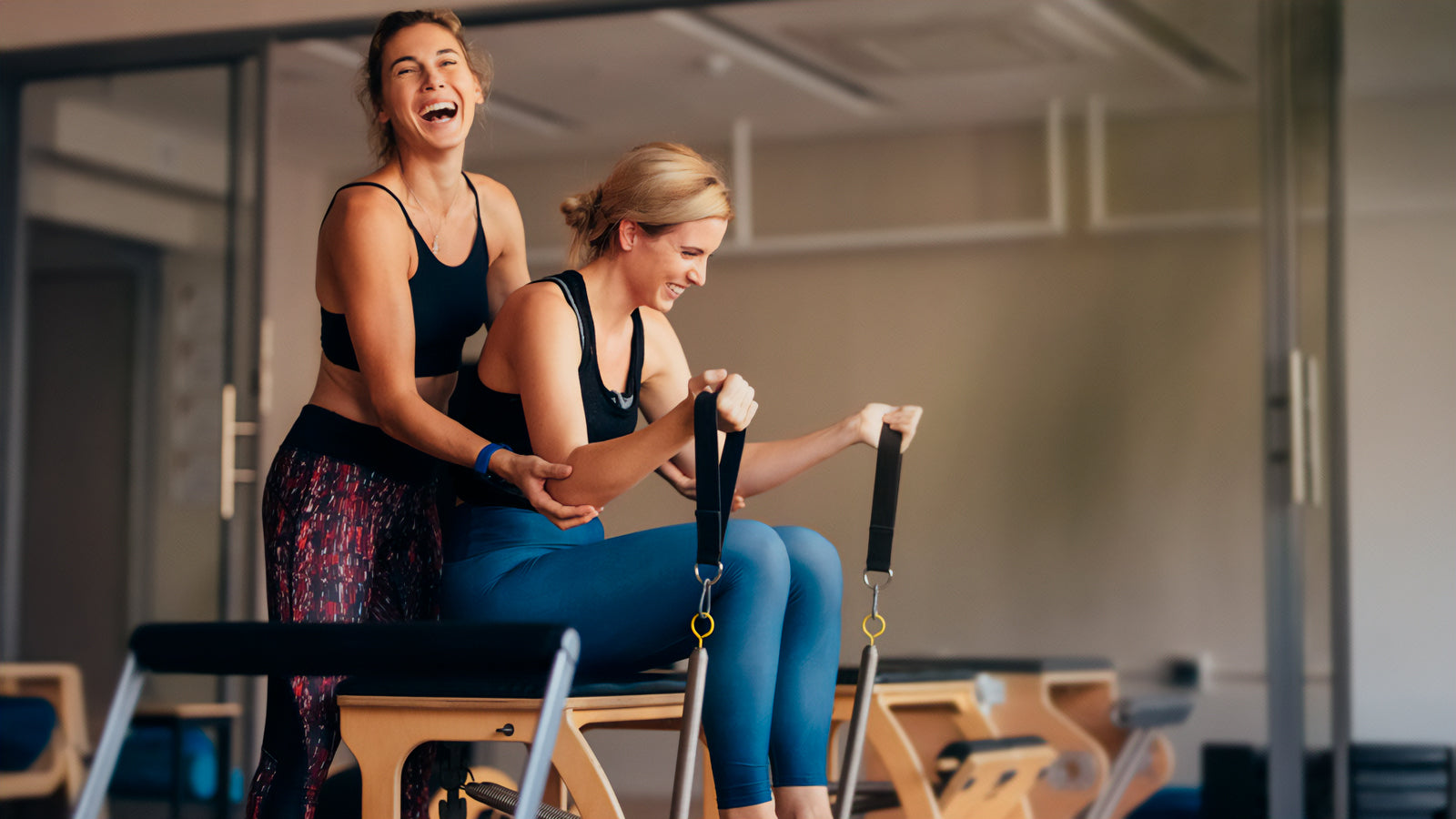
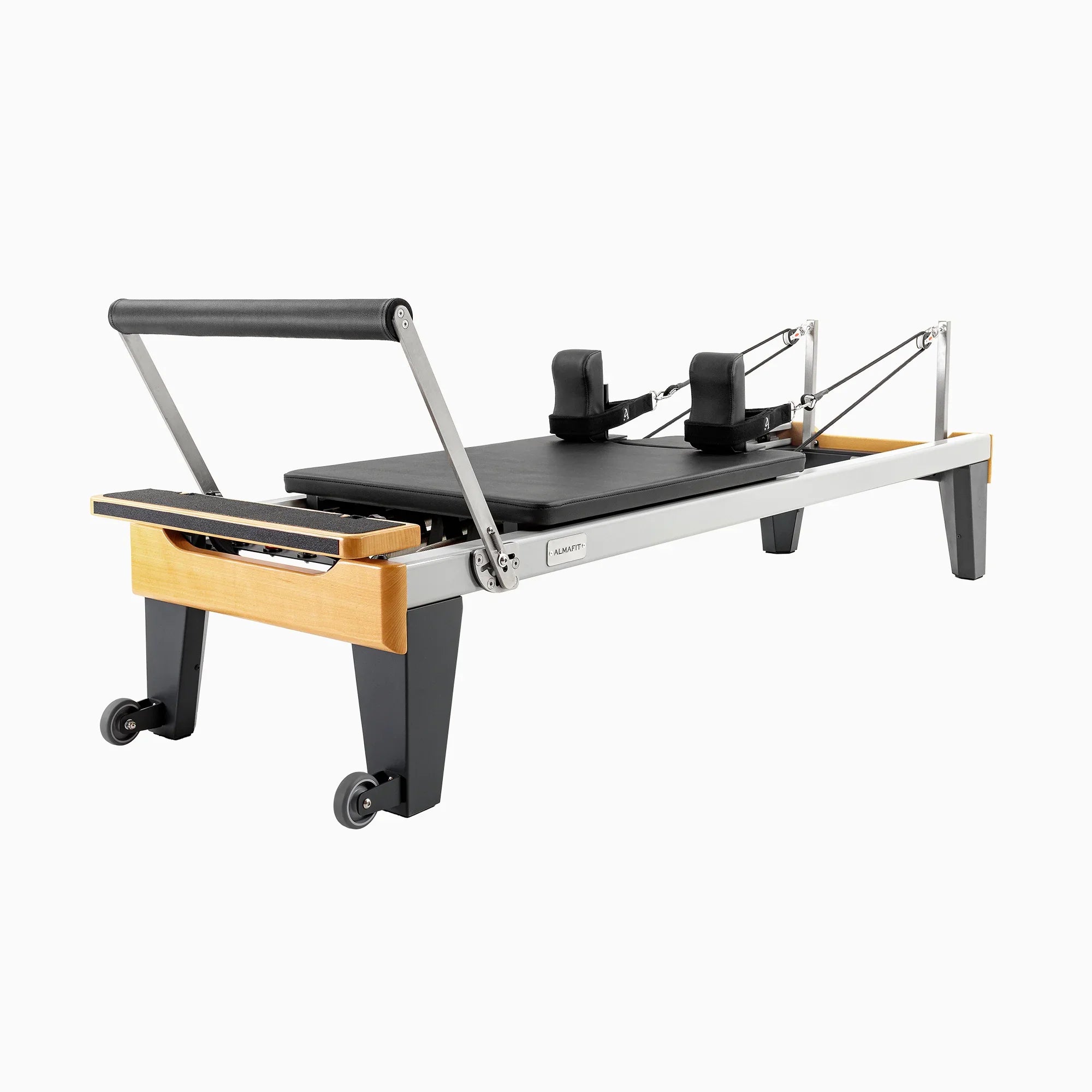
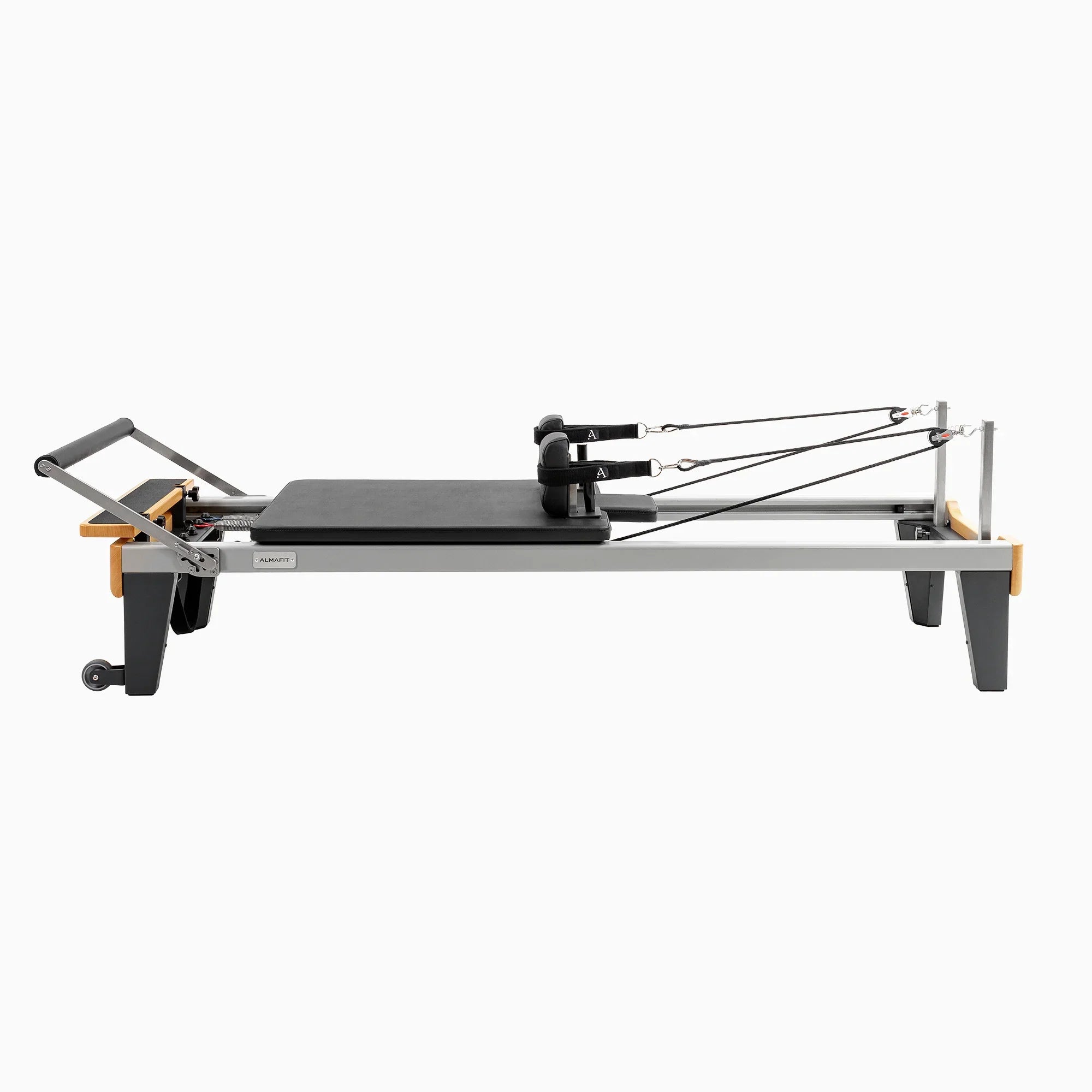
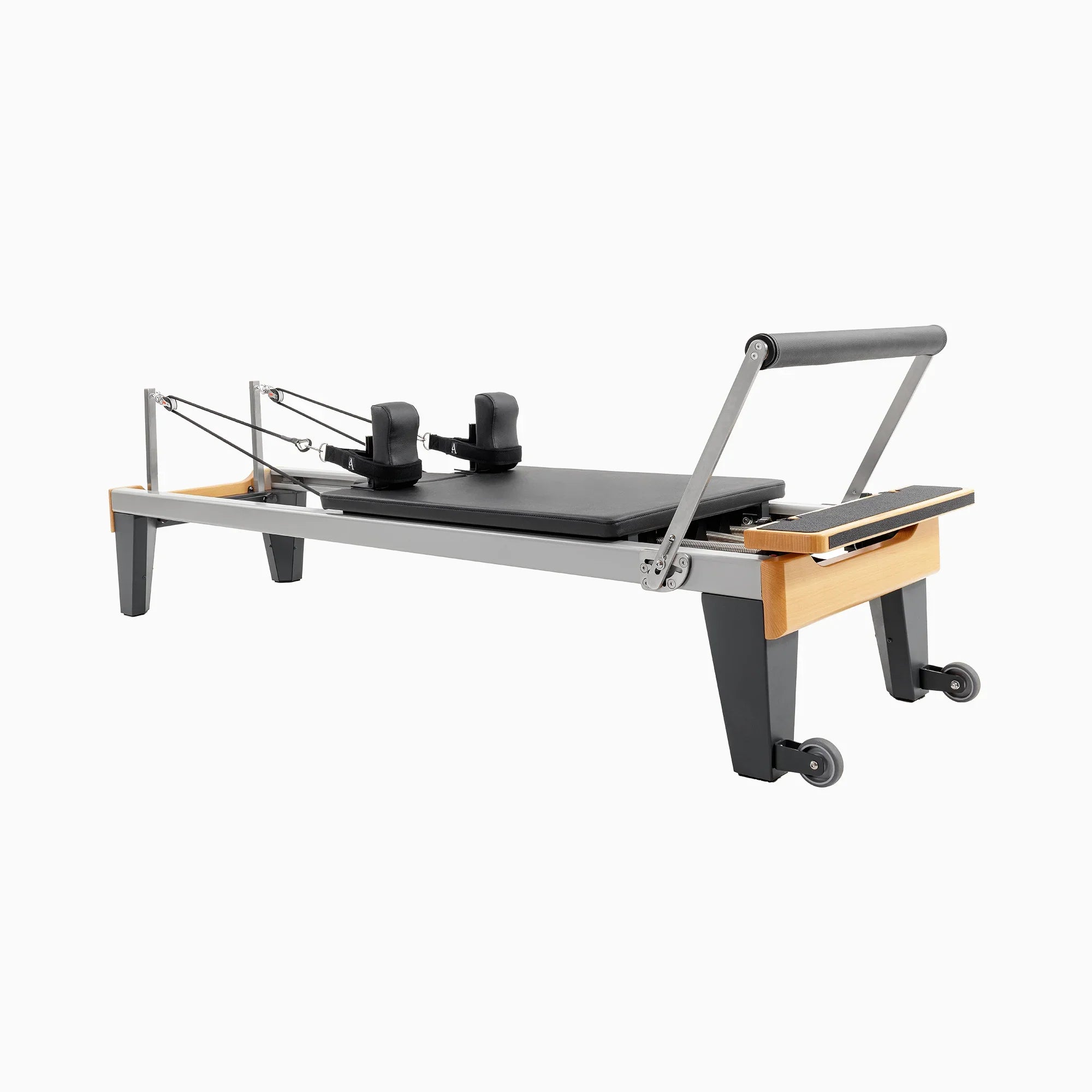
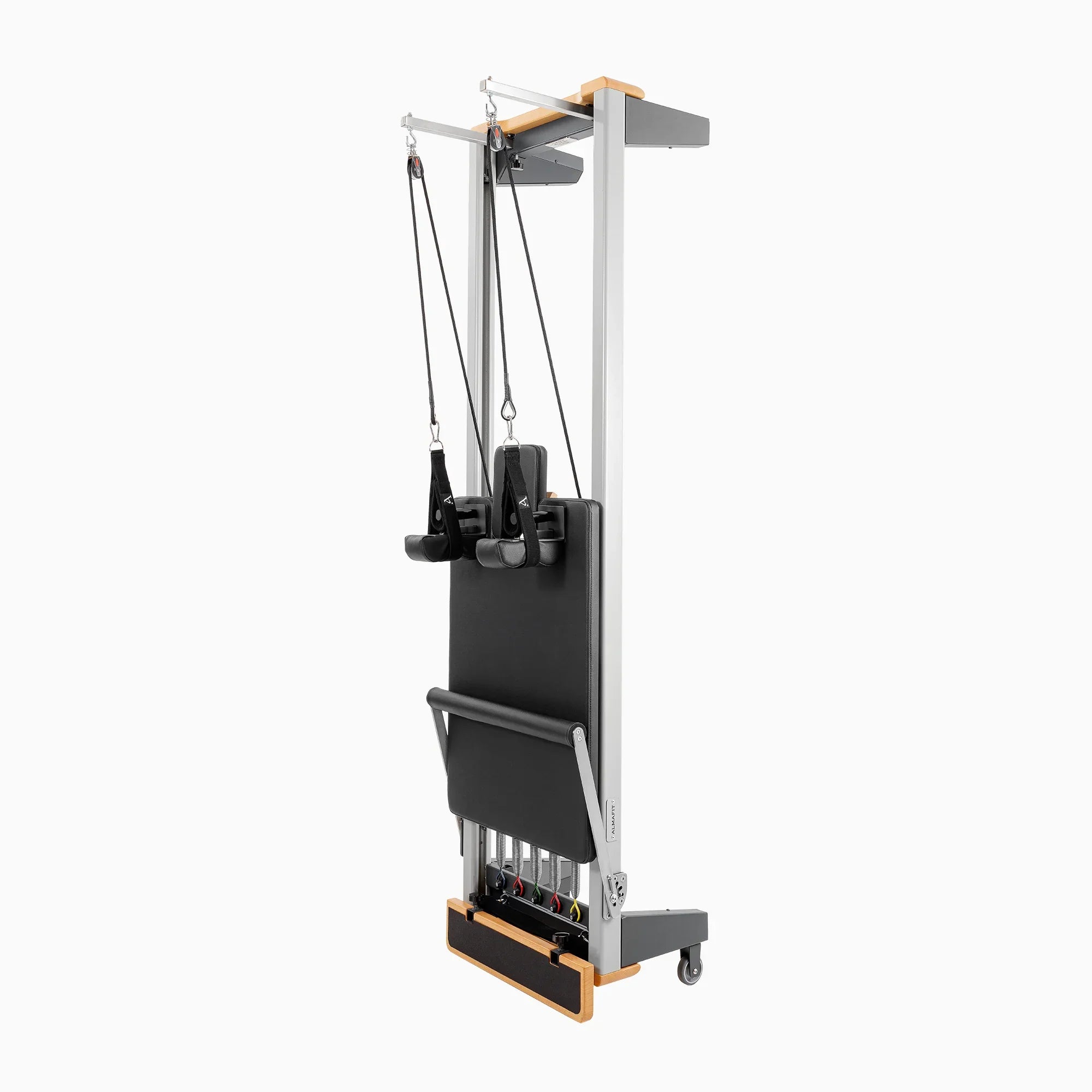
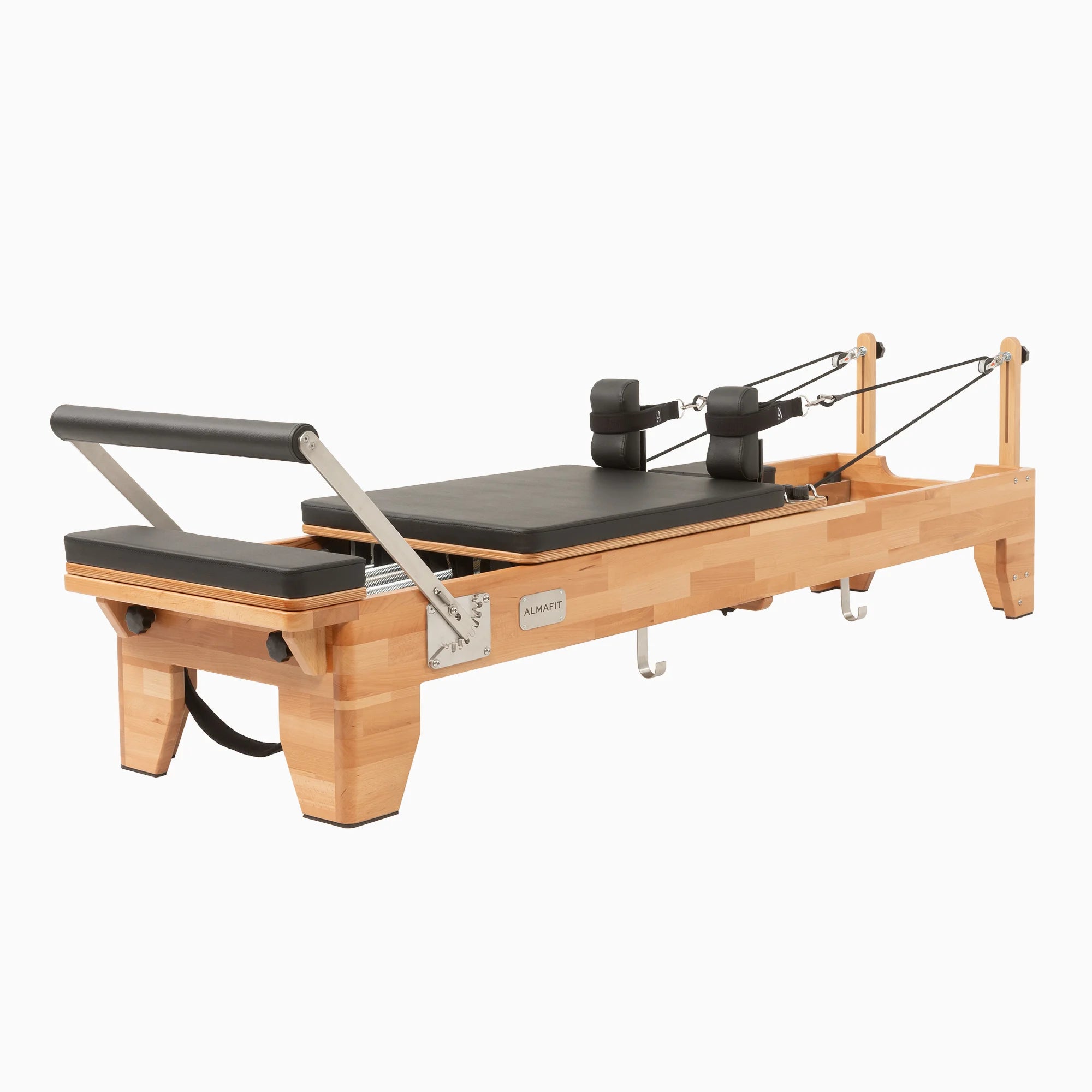
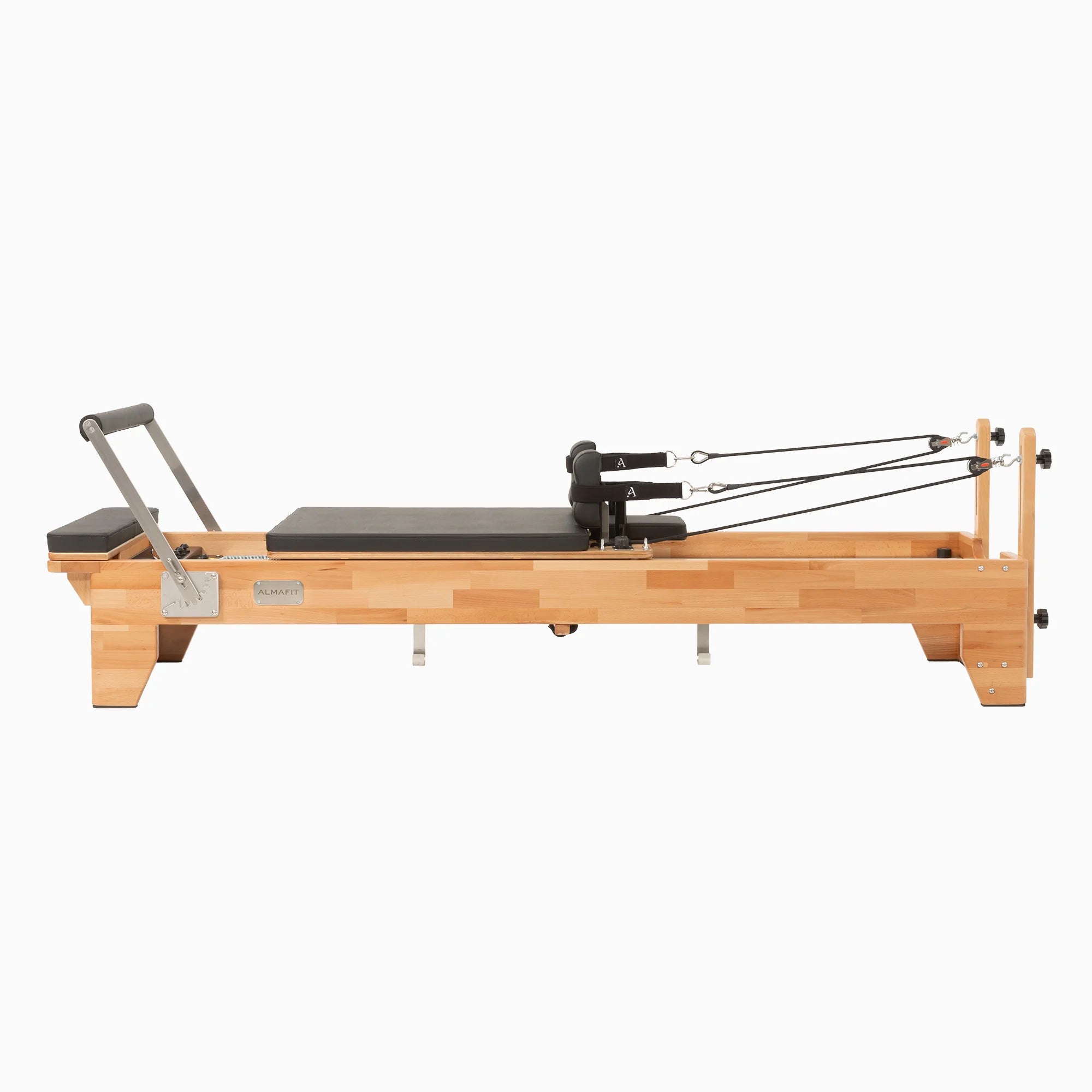
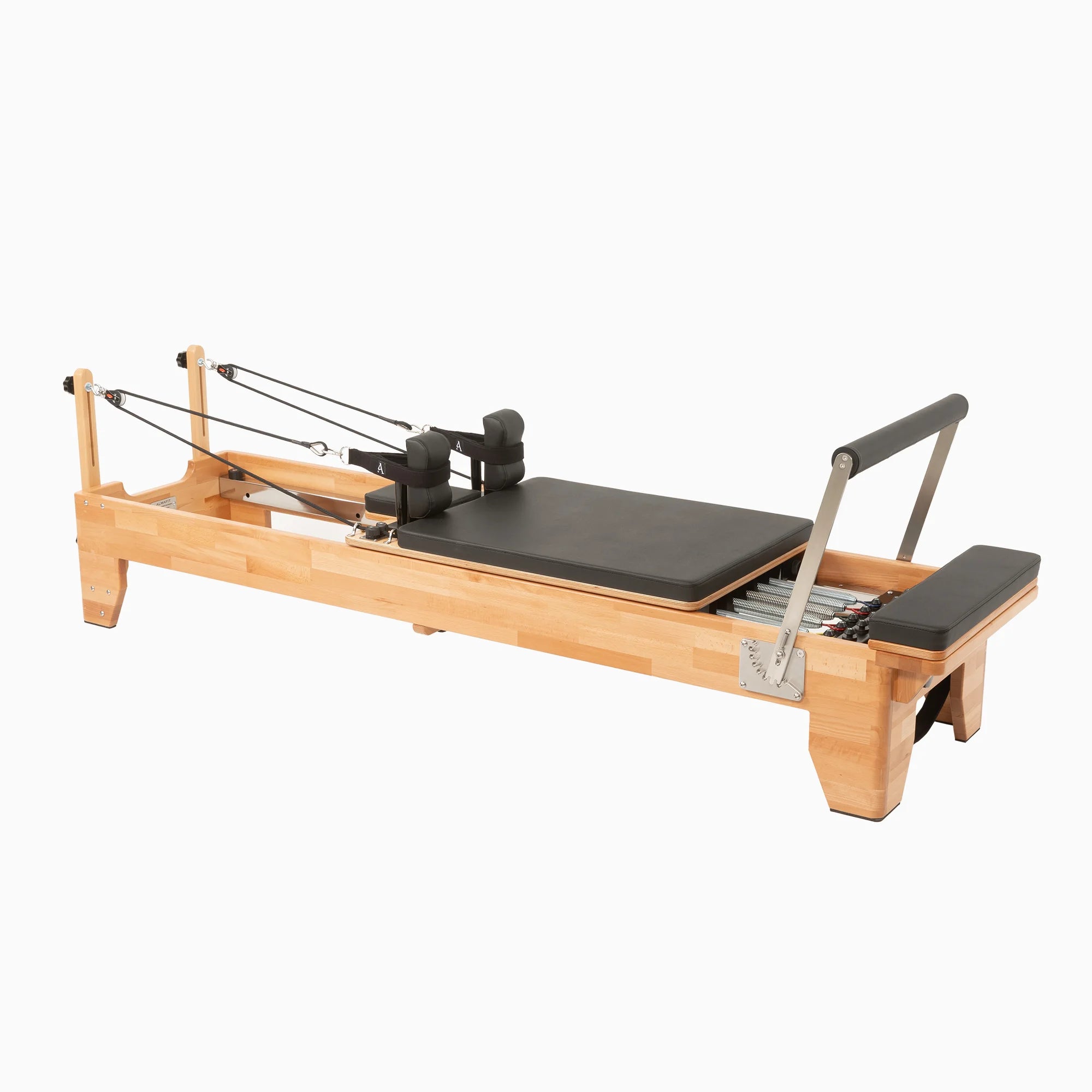
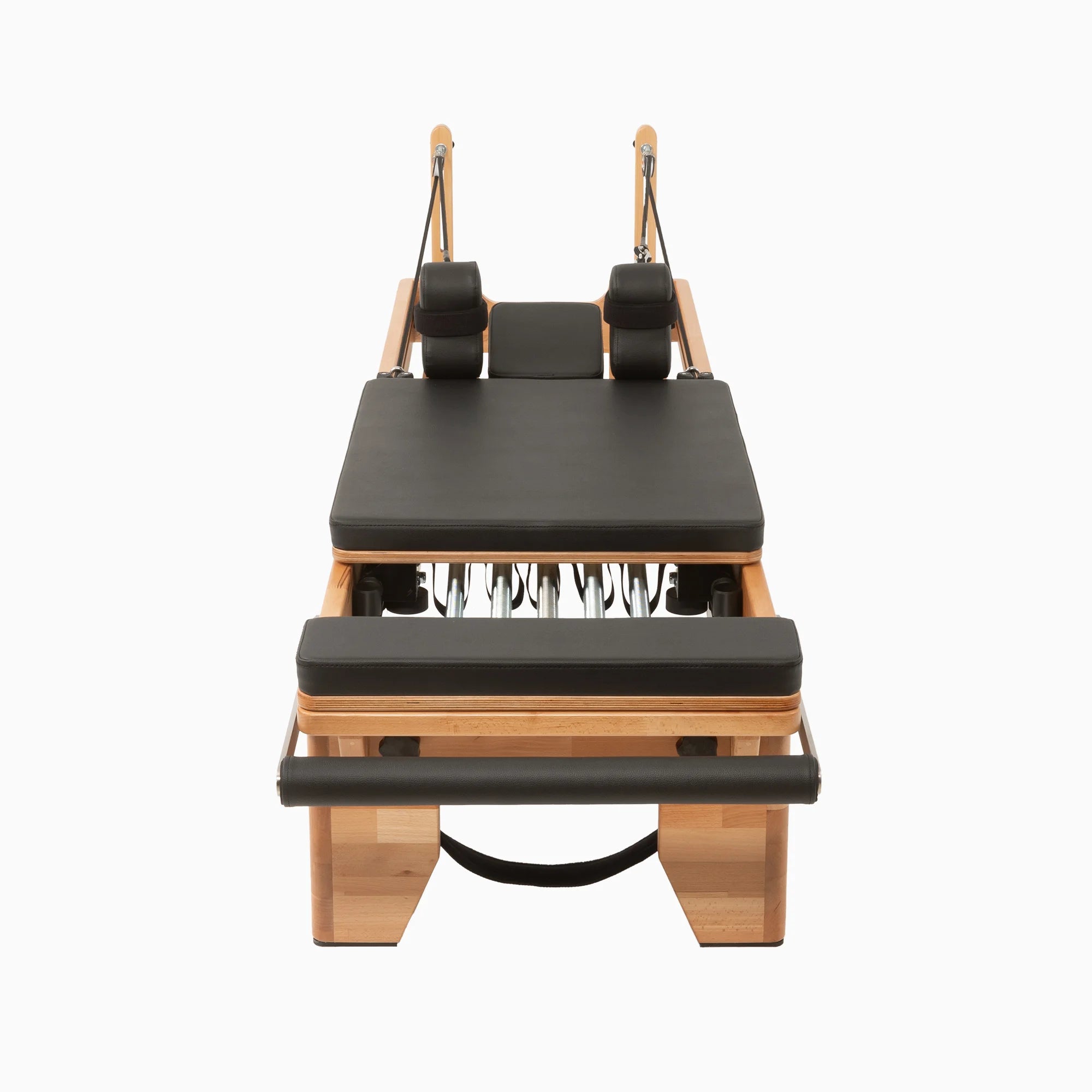
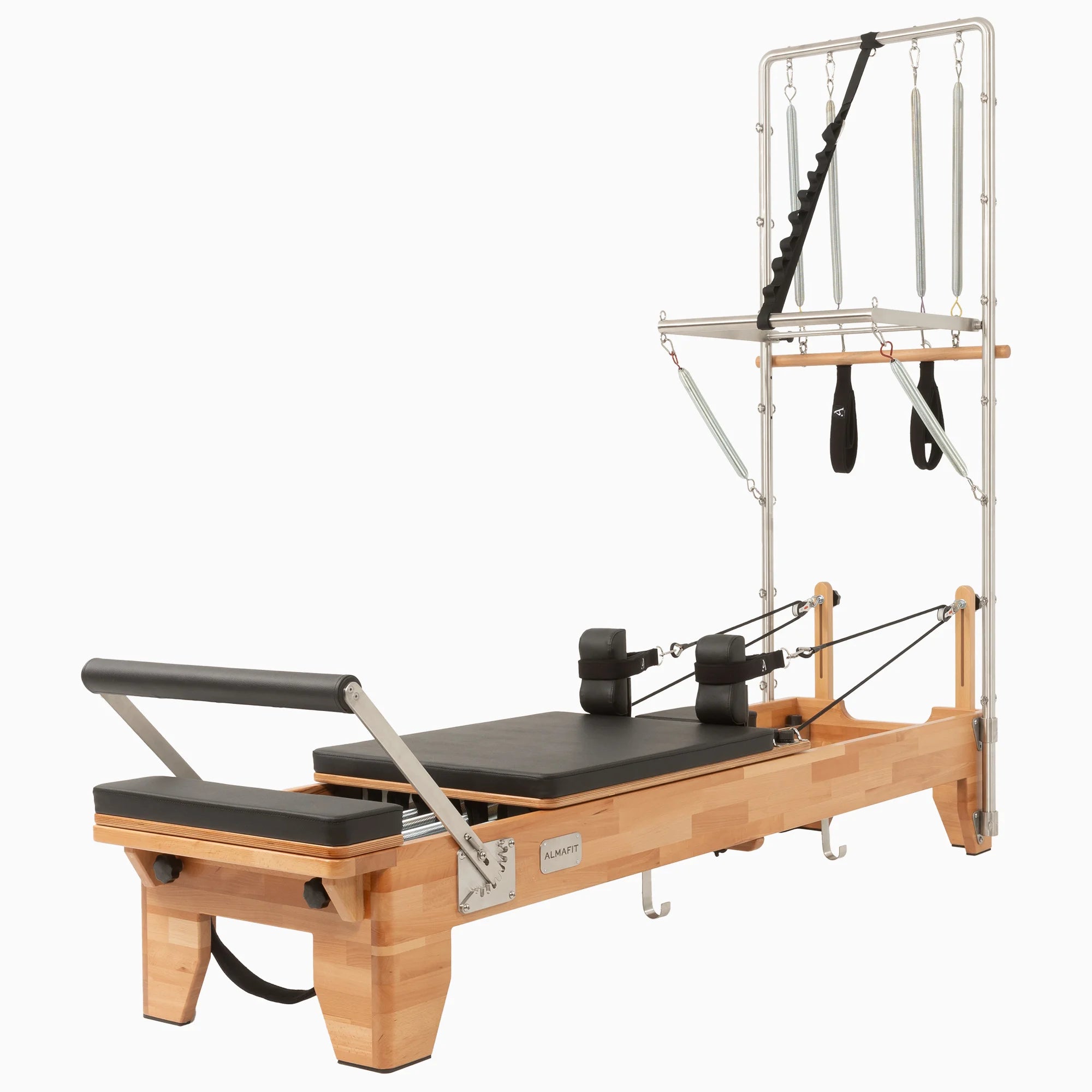
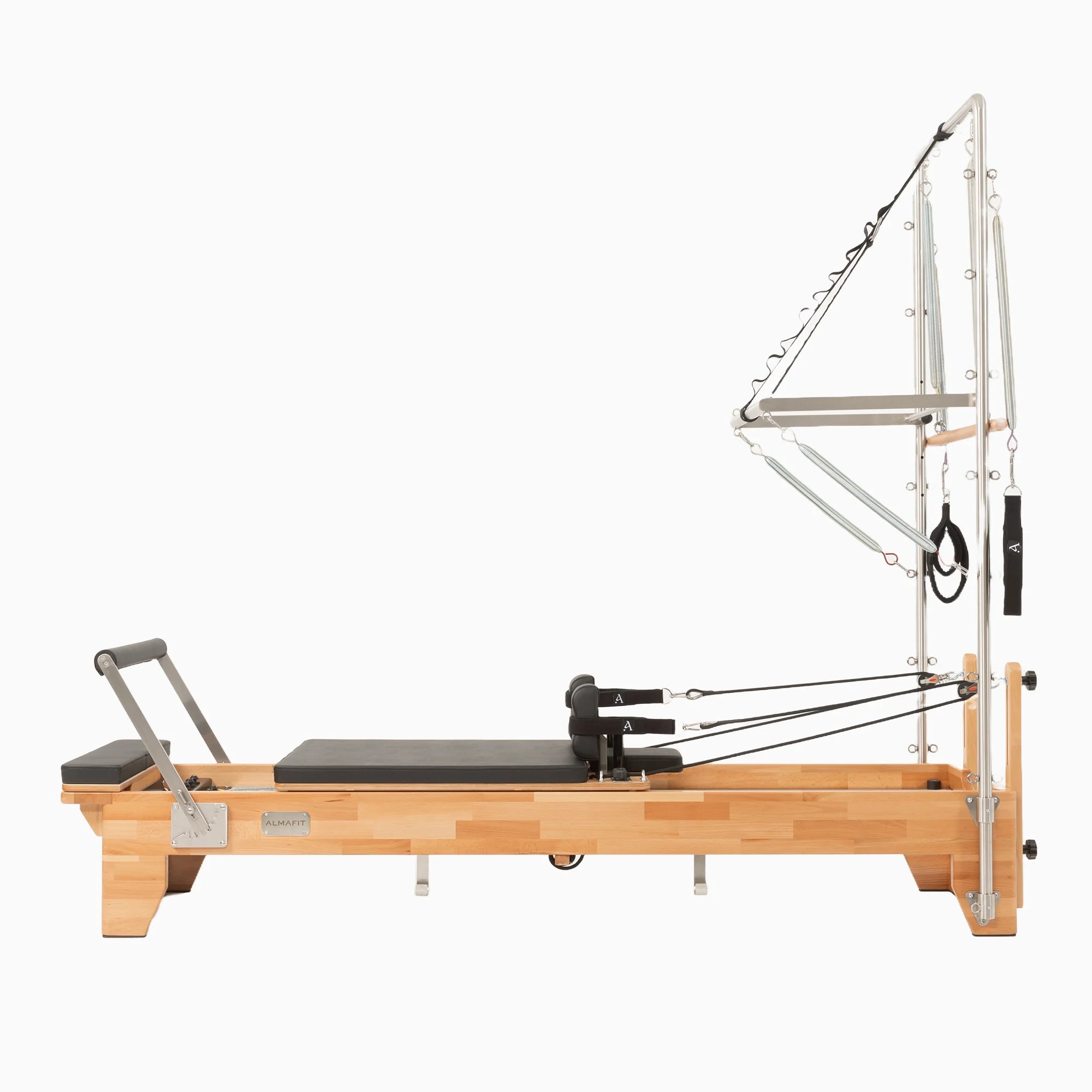
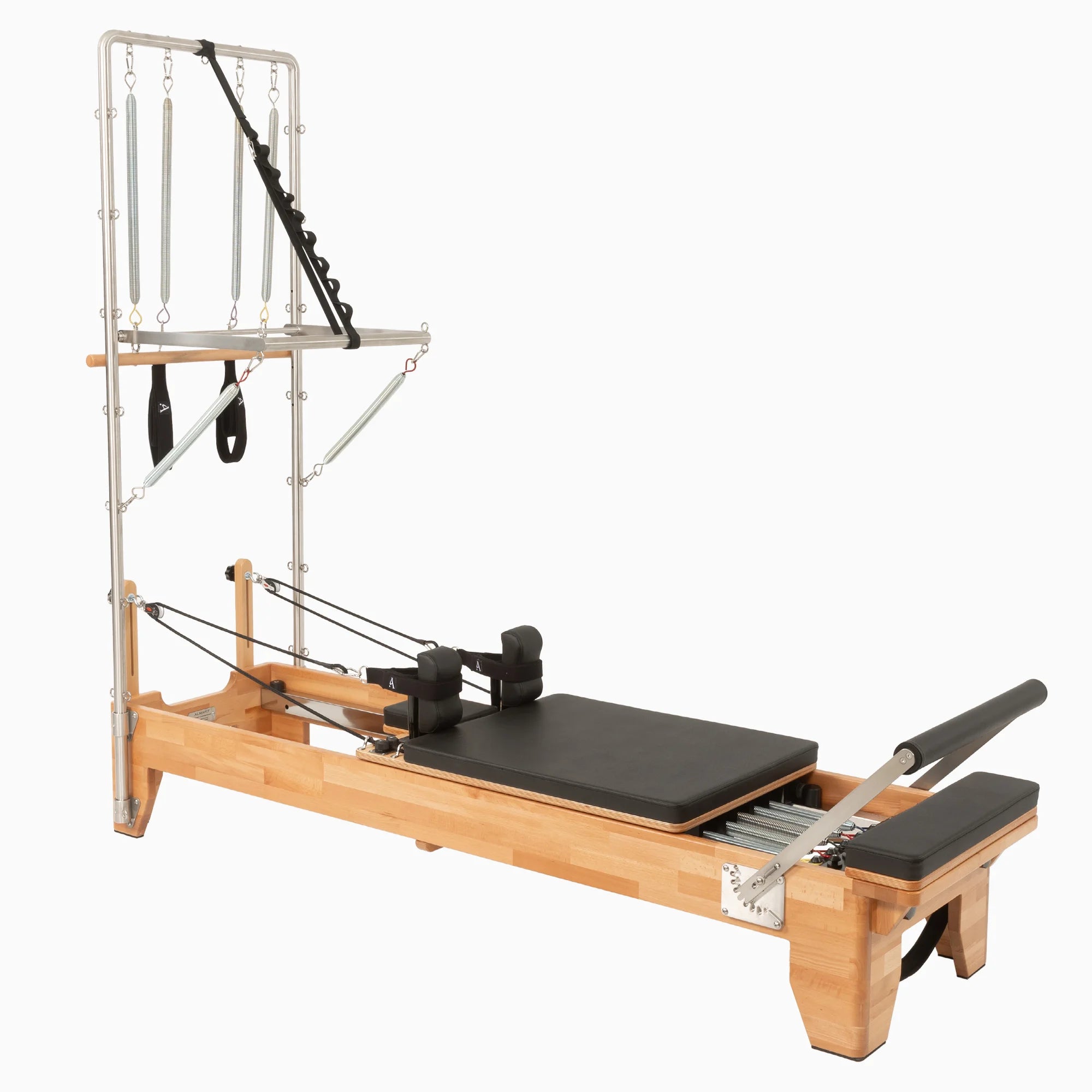
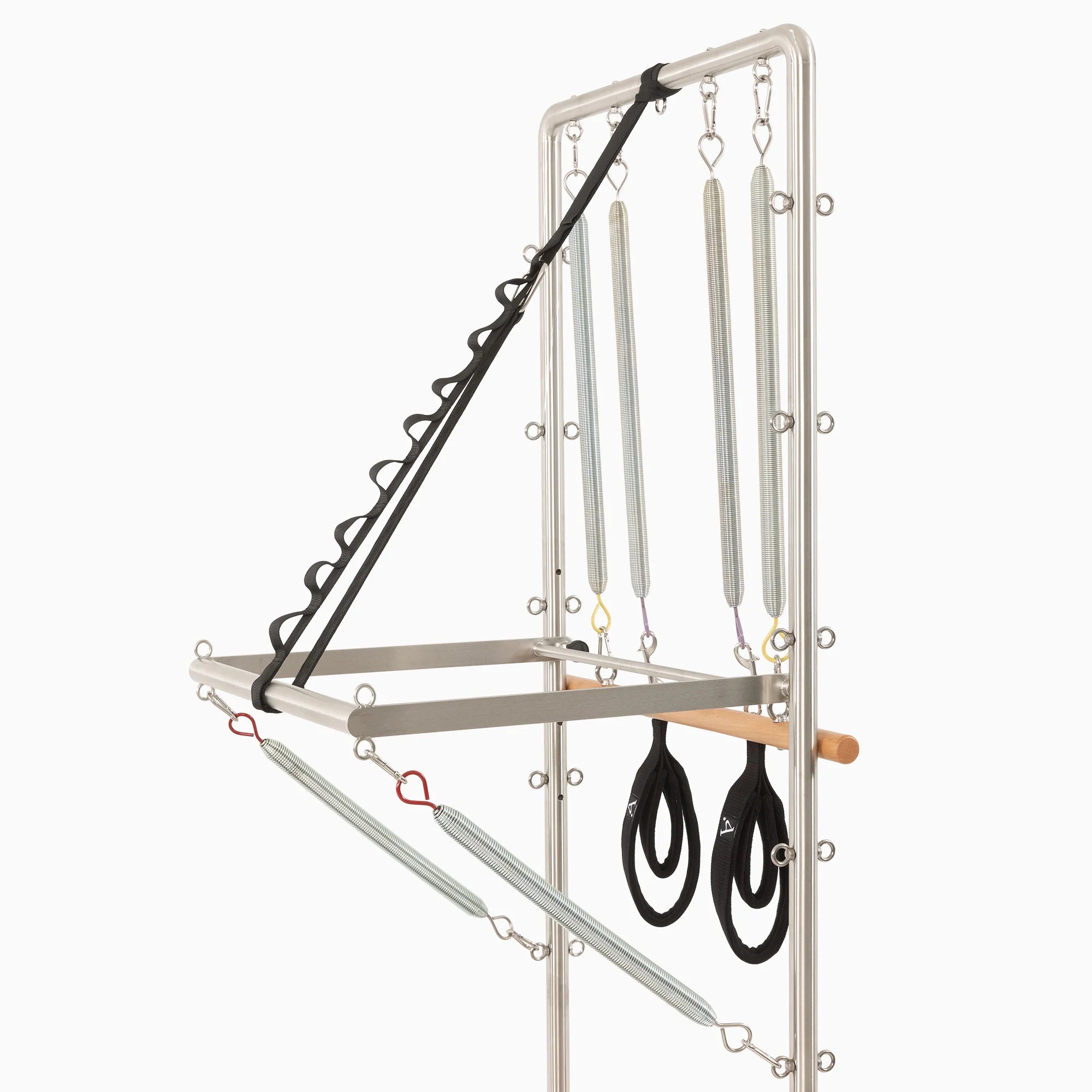
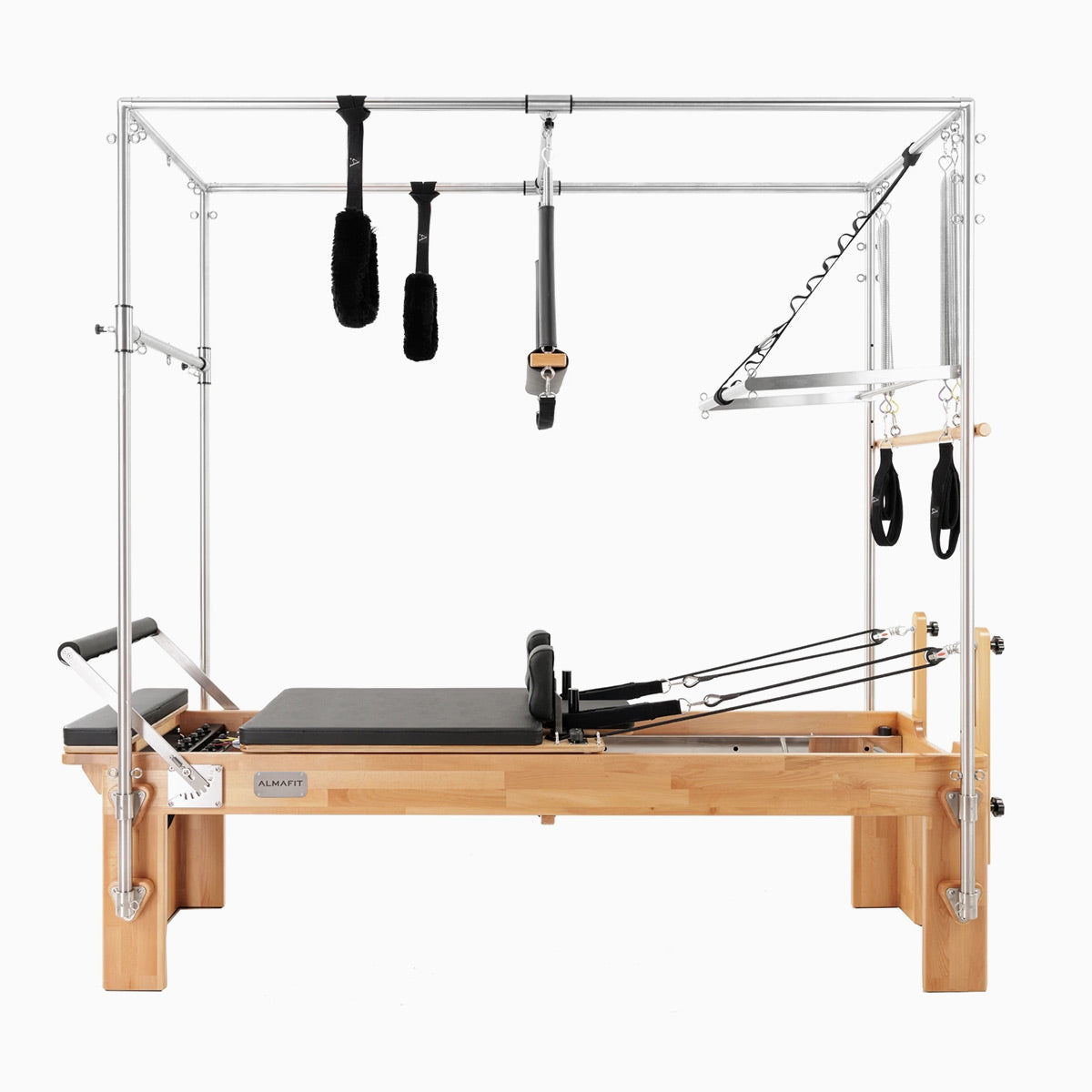
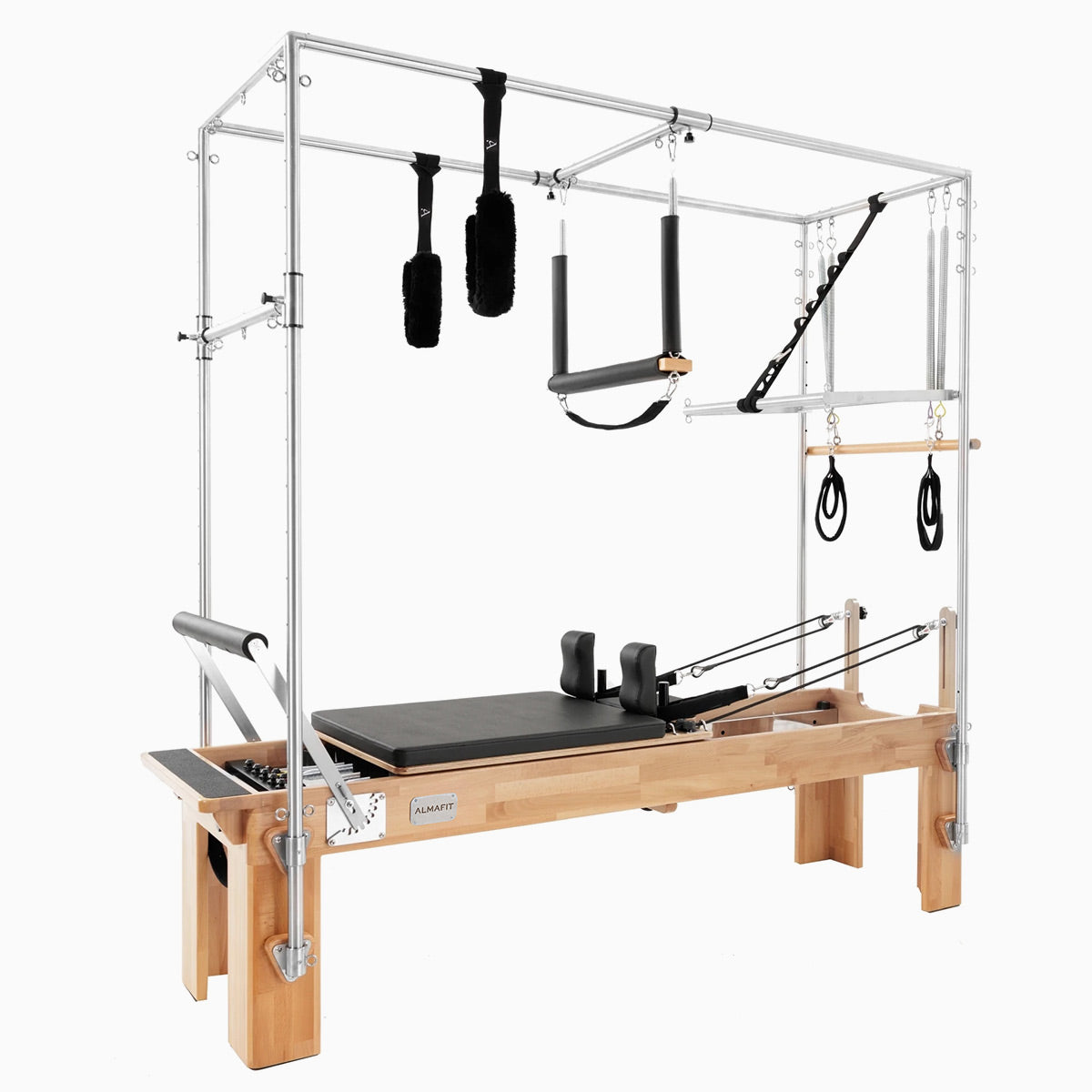
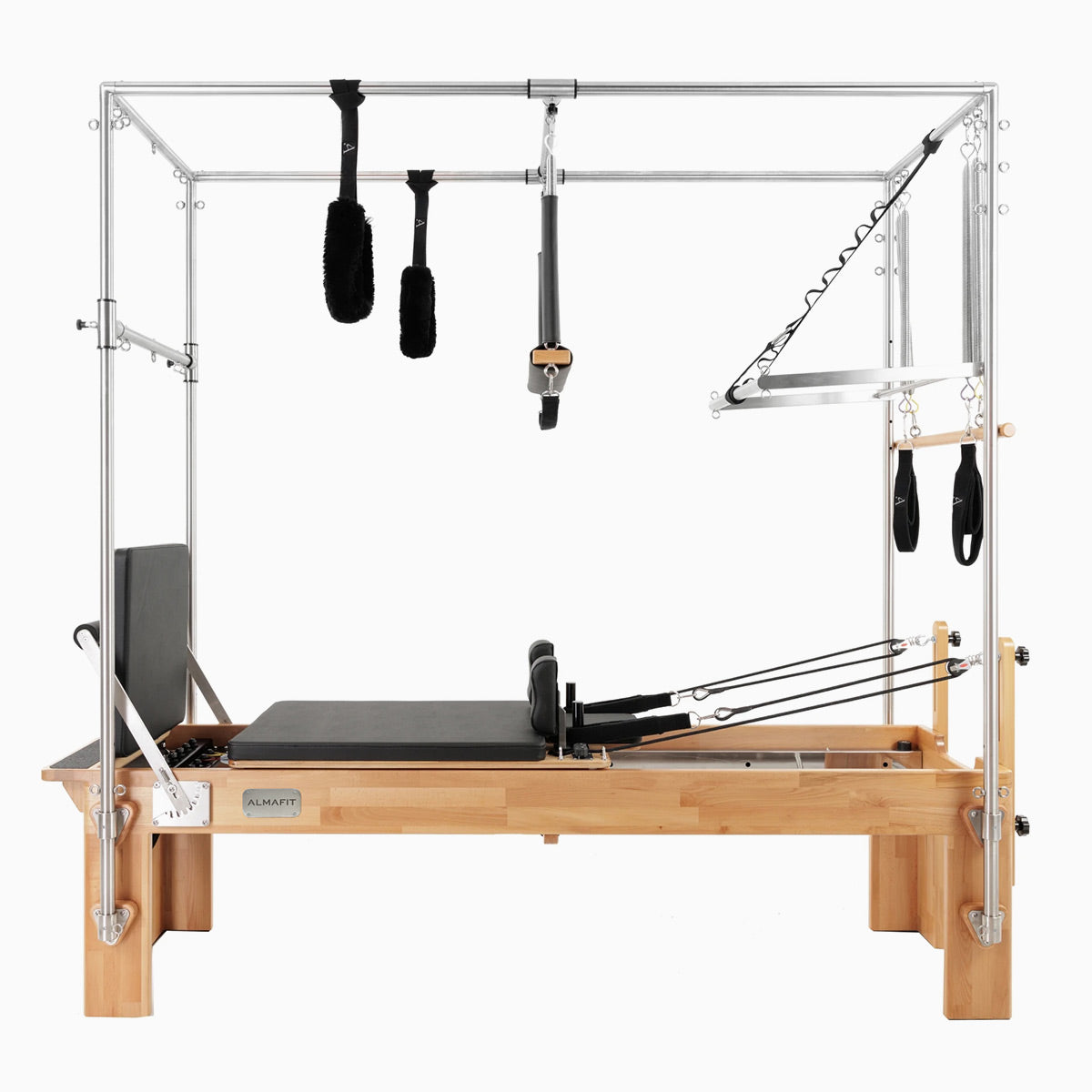
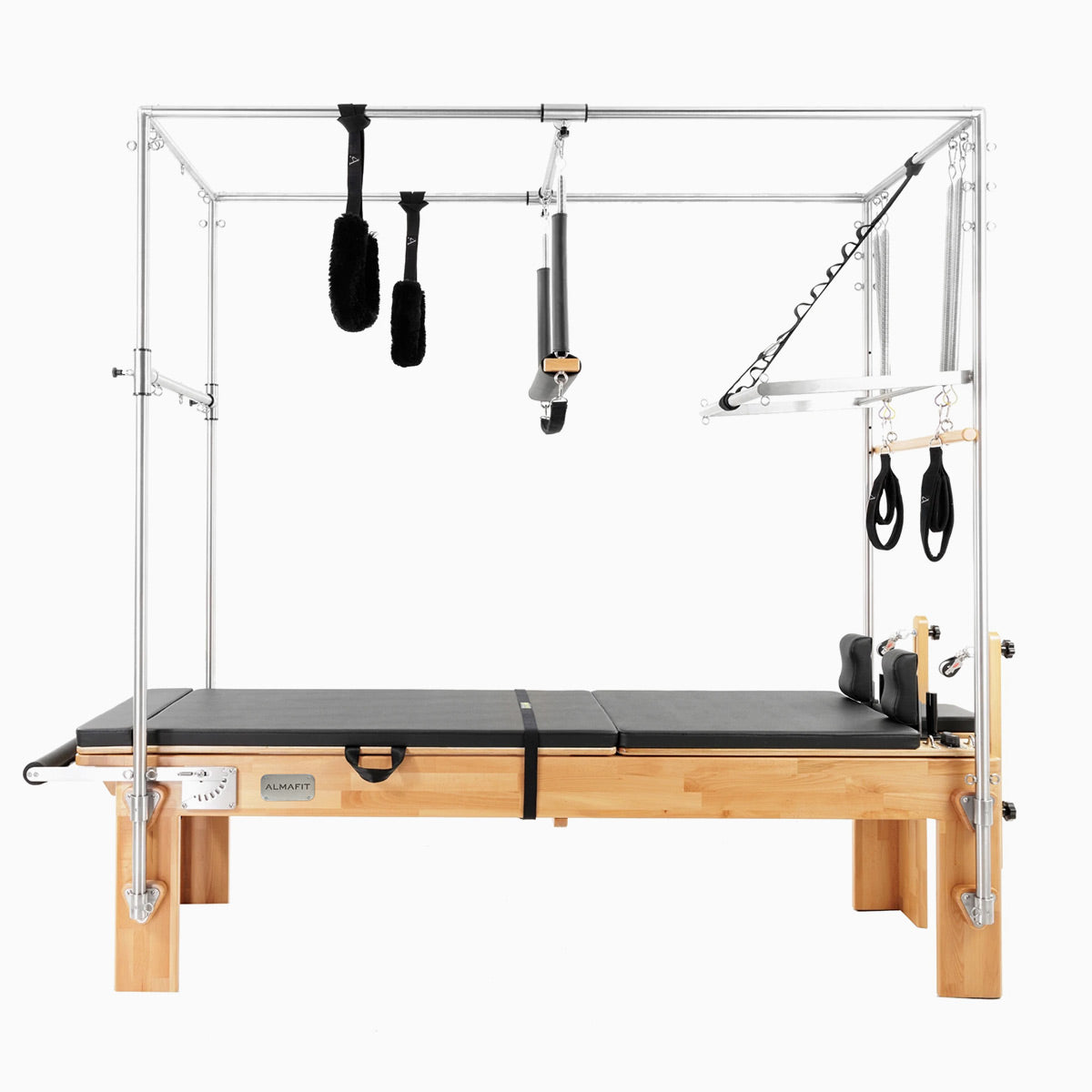
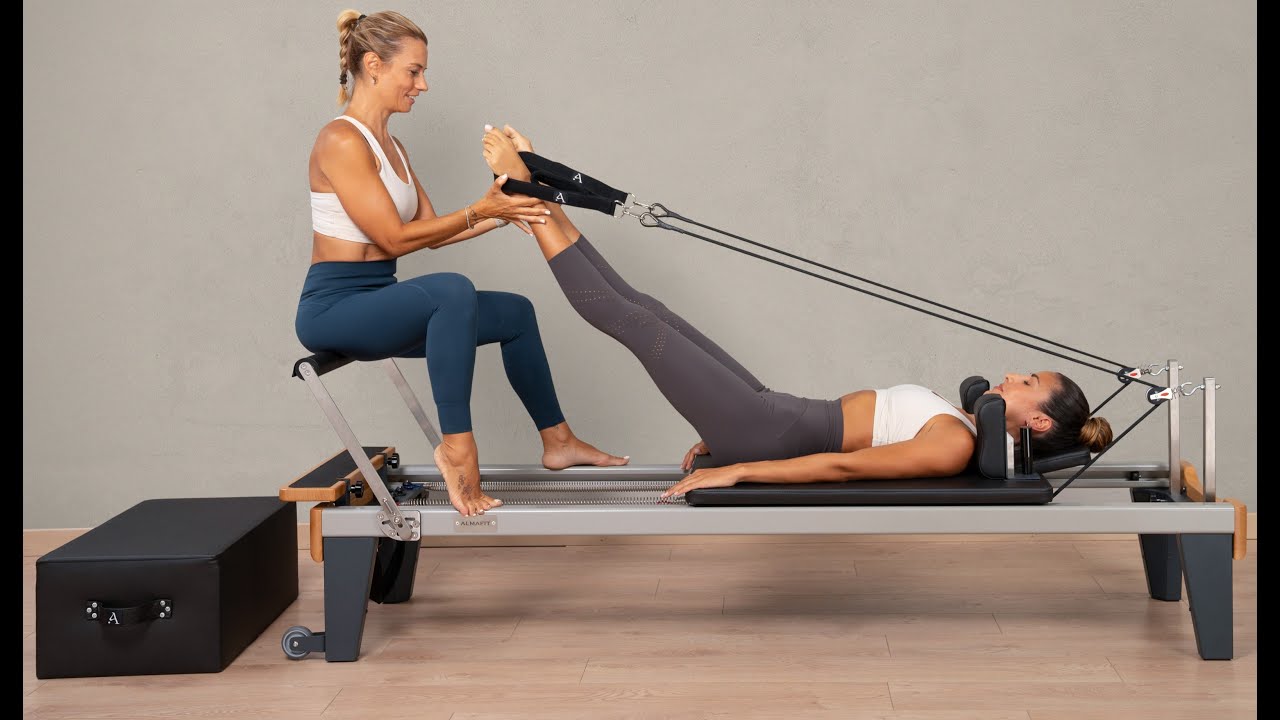
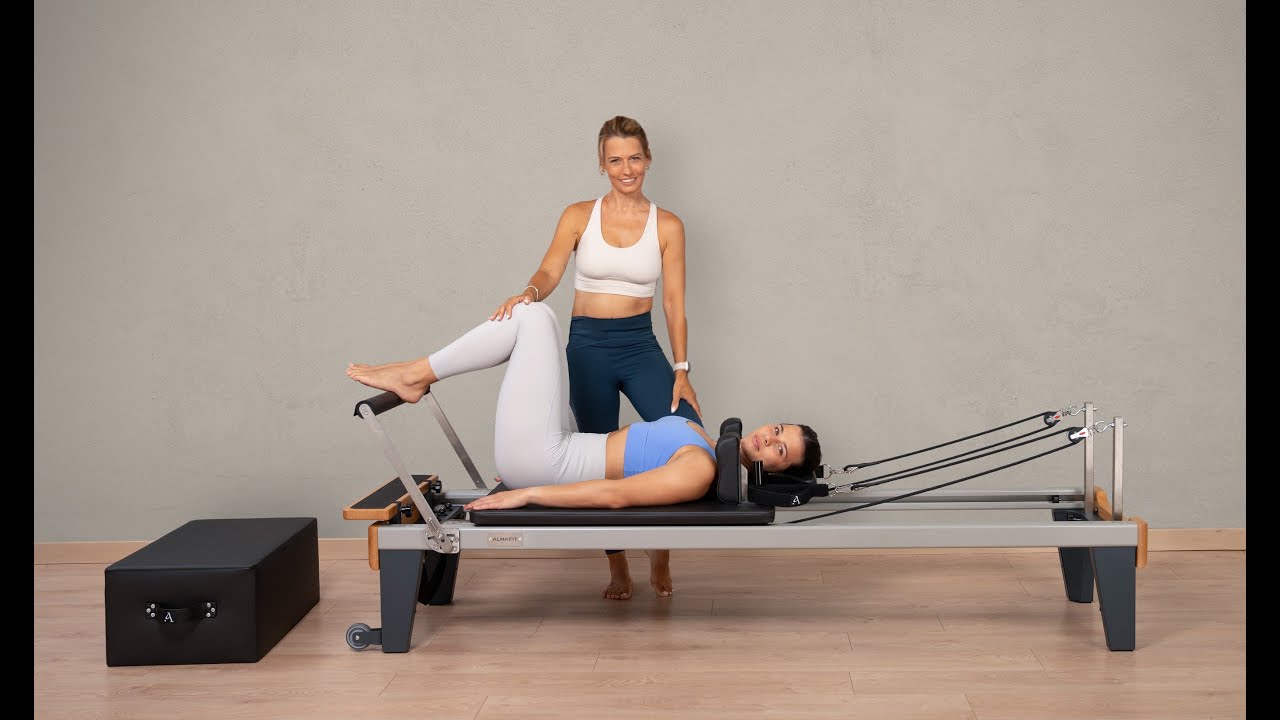
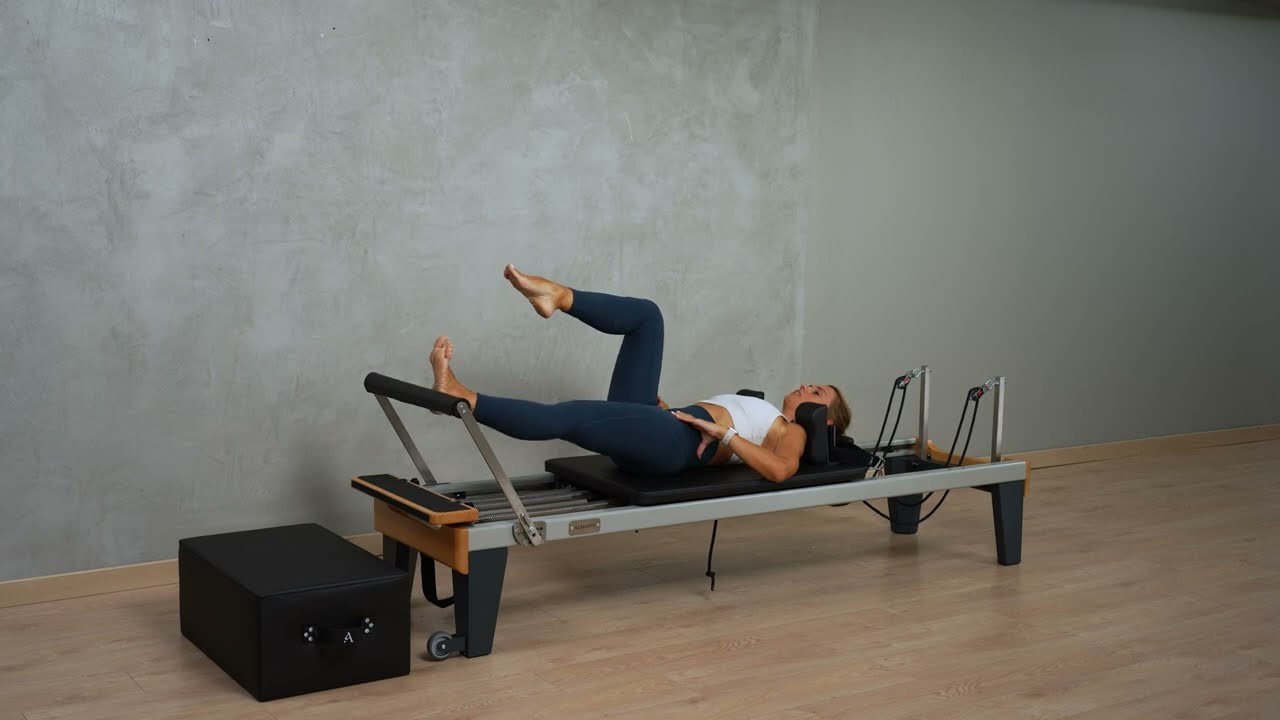

Share:
How Pilates Supports a Balanced and Active Lifestyle
How Pilates Supports a Balanced and Active Lifestyle